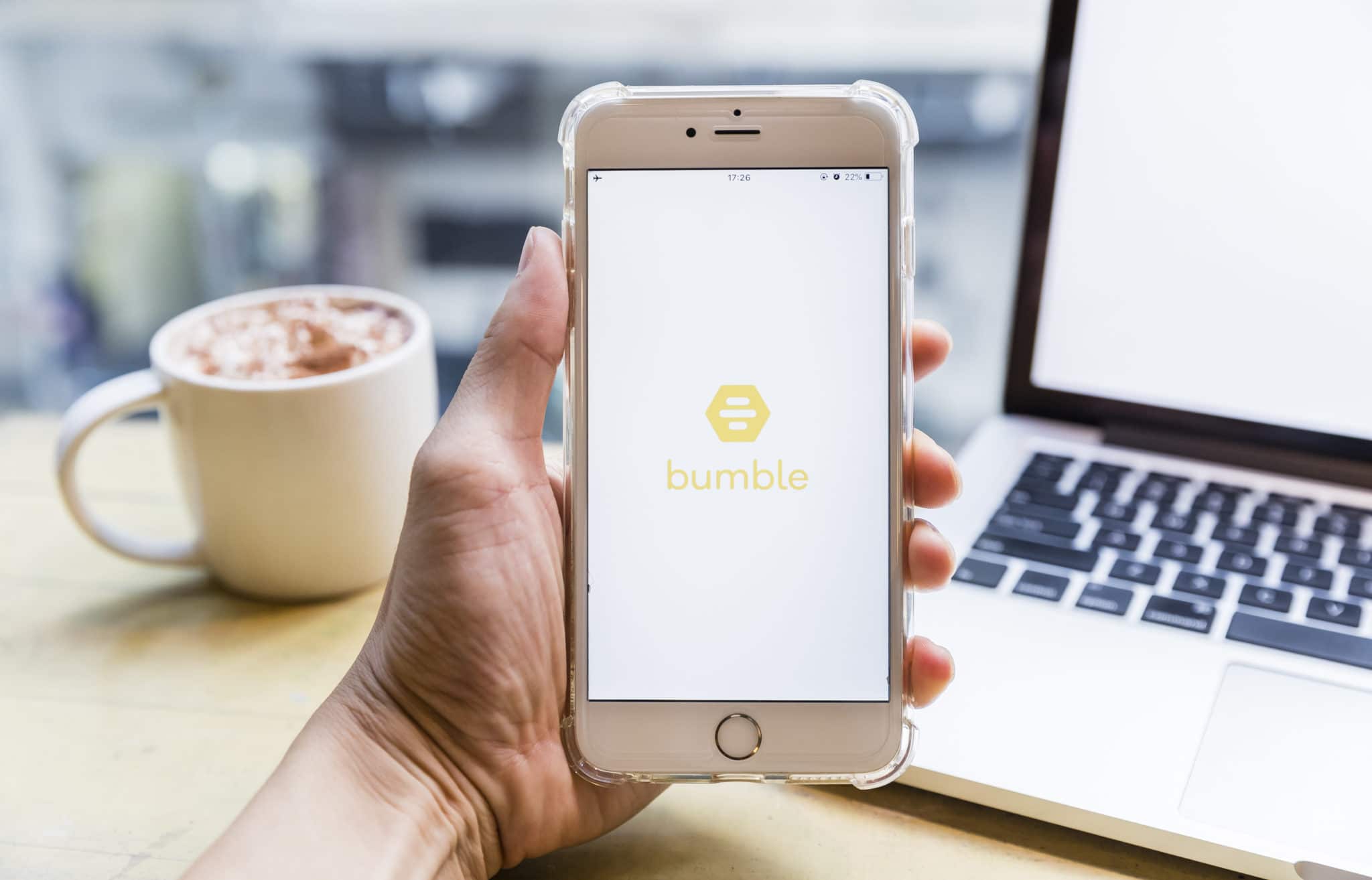A quarter of British people have been body-shamed on dating apps or social media. (S3studio/ Getty/ Yu Chun Christopher Wong)
The dating app Bumble has banned body-shaming, which it says includes “fatphobic, ableist, racist, colourist, homophobic or transphobic” language.
From Thursday (28 January), the popular dating app will ban any derogatory comments about appearance, body shape, size or health, either in users’ profiles or in Bumble’s chat function.
Research by Bumble found that a quarter of British people have been body-shamed through dating apps and social media, while half said that “someone they have dated has made an unsolicited comment about their body either in person or online”.
Body-shaming will first be detected by automated safeguards, before comments are reviewed by a human moderator.
Anyone in violation of the new rules will first receive a warning and be given resources on how to change their behaviour. Repeat offenders or those who make “particularly harmful comments” will be banned from the platform.
Bumble’s head of UK and Ireland Naomi Walkland said in a press release: “At Bumble, we have always been clear on our mission to create a kinder, more respectful and more equal space on the internet. Key to this has always been our zero-tolerance policy for racist and hate-driven speech, abusive behaviour and harassment.
“We believe in being explicit when it comes to the kind of behaviour that is not welcome on our app and with these changes, we’re making it clear that body-shaming is not acceptable on Bumble.
“We always want to lead with education and give our community a chance to learn to recognise this language and improve.
“However, we will not hesitate to permanently remove someone from the app if there are repeated incidents or particularly harmful comments.”
Bumble has recently become more LGBT-inclusive.
Bumble was originally marketed to opposite-sex couples as a “women first” platform, where women are required to message men first.
“The app was originally designed to disrupt traditional gender roles in heteronormative dating,” Bumble states on its website, “but we have since expanded to same-sex dating as well.”
“In same-sex matches, either person is encouraged to make the first move,” it adds.
In 2019, the app teamed up with GLAAD, HRC, and other LGBT+ advocacy organisations to expand its list of gender options. It brought in additional gender options three years after its rival Tinder, but better late than never.
